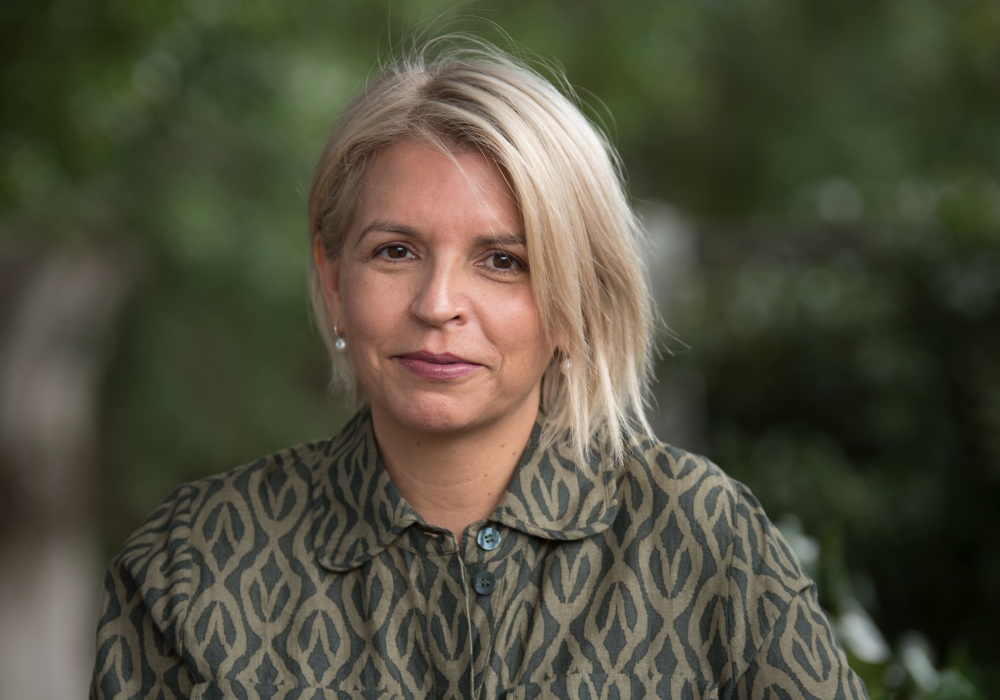Accountability against racism is needed to reform Australian police forces’ relationship with Aboriginal and Torres Strait Islander people, says Kurin Minang human rights expert and member of the UN Permanent Forum on Indigenous Issues, Dr Hannah McGlade.

While racism in policing has long been denied by authorities, we’re now witnessing revelations of racist policing across Australia, particularly from coronial inquiries into the deaths of Aboriginal and Torres Strait Islander people.
Coronial inquests into the deaths of Ms Tanya Day in Victoria, Kumanjayi Walker in the NT, and the murders of four Aboriginal women in the NT, have or will look at systemic racism in policing, with a coronial inquiry announced in early April into the death of Mark Haines in NSW in the 1980s and another expected this year into the 2019 police shooting death of JC in Geraldton WA.
Most recently the NT coronial inquest into the police shooting of Kumanjayi Walker revealed to the public that unofficial ‘awards’ were issued by the elite tactical response group, clearly racist in nature depicting the Aboriginal flag accompanied by derogatory language.
This evidence emerged following Zachary Rolfe’s claims that the entire NT police force was racist and his racist text messages about Aboriginal people simply reflected NT policing culture.
NT Police Commissioner Michael Murphy, who previously claimed there was no systemic racism in Territory police, said: ‘It’s absolutely disgraceful and abhorrent, I won’t stand for that type of culture in the Northern Territory police.’
The Commissioner also committed to making sure the NT police is a culturally safe competent organisation that people wanted to work for and said that there was an internal investigation with ICAC into the awards.
My state of Western Australia has also had more than its share of police racism, including the 1983 killing of 16-year-old John Pat by several off-duty police officers in Roebourne. Although charged with manslaughter, the officers were cleared of his death by an all-white jury and to this day, Pat’s family has never even been compensated – notwithstanding his death was later the subject of a parliamentary apology.
Pat’s death led to national First Nations protests and the announcement of a Royal Commission into Aboriginal Deaths in Custody, which made important recommendations that today are still ignored.
Other evidence of racial profiling by police against Aboriginal and Torres Strait Islander people includes a 2020 WA Police Force report showing Aboriginal drivers were 3.2 times more likely to be issued fines from being pulled over than non-Indigenous people, while infringements issued by traffic camera statistics showed no bias against First Nations people.
Four years on, we’ve heard little to nothing from WA Police, who also snubbed the Senate Inquiry hearing into Murdered and Missing Indigenous Women in Perth last year.
Queensland’s racist policing culture was highlighted last year by the release of secret police recordings within the Brisbane Watchhouse which denigrated Nigerians, Muslims, and First Nations people in violent racist language, including one officer joking to his colleague that a female Aboriginal detainee ‘won’t give you a f***ing blowjob here’.
While then Queensland Premier Annastacia Palaszczuk found this ‘horrific’ and the Police Commissioner Katarina Carroll promised to crack down on misogyny and racism, not one officer involved faced any sanction.
We are also seeing a failure of governments to ensure accountability and reform of racist policing systems and structures, as is their responsibility.
Police when charged are acquitted of deaths of Aboriginal and Torres Strait Islander people by courts and juries that don’t include First Nations people, officers aren’t sanctioned for racist abuse and violence, and governments have yet to repeal laws rejected by the United Nations as discriminatory and underlining racial profiling.
Some years ago, when working for the UN in Switzerland, I saw they worked with police across the globe to improve human rights. Although the UN was keen to assist Australia, there was no interest here.
The NT Coronial Inquest must at the least recommend the NT government ensure police implement transformative human rights and anti-racism training, with accountability for racism embedded in reforms.
This situation has historical origins as racist policing was inherent to colonisation and dispossession of Aboriginal and Torres Strait Islander people from traditional lands, with dedicated units known as ‘native police’ involved in killings and massacres of First Nations people.
Many thousands of Aboriginal and Torres Strait Islander people in Australia died in a war still not recognised but depicted in filmmaker Rachel Perkins docuseries, The Forgotten War, and David Marr’s book about his family’s history in the notorious native police, Killing for Country. This is a history still denied in Australia, although First Nations people have resoundingly supported truth-telling.
We must all remind the federal government of its responsibilities under the International Convention on the Elimination of All Forms of Racial Discrimination, a binding treaty which requires government address systemic racism, including in policing. We also want to see meaningful progress of the Anti-Racism Framework and the Senate Inquiry into the UN Declaration on the Rights of Indigenous Peoples.
Prime Minister Albanese promised reforms to our people on election night. The Voice referendum vote reflected racism in Australia, a warning bell that should have increased commitment to addressing racism, and respect for Aboriginal and Torres Strait Islander rights.
This article was first published in the National Indigenous Times 26 March 2024 and we thank Dr McGlade for permission to republish. Read more: nit.com.au
This article is from the 51st edition of Reconciliation News. Read the rest of the issue.



